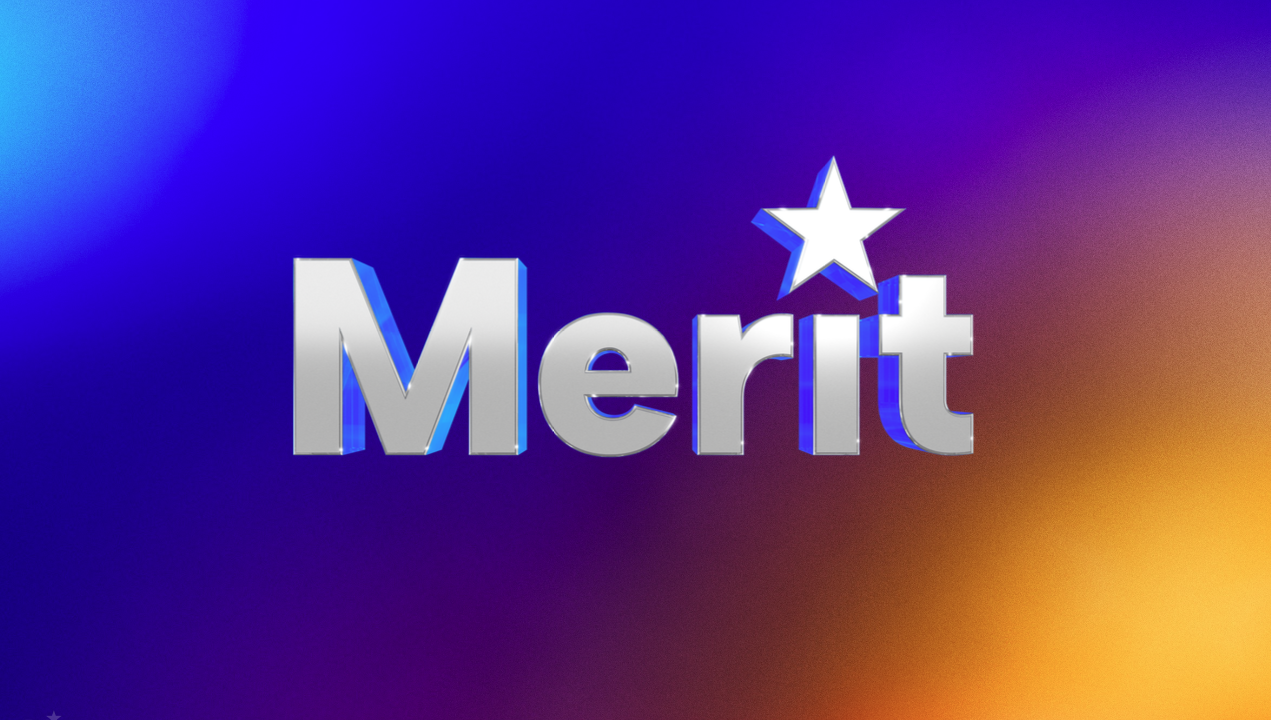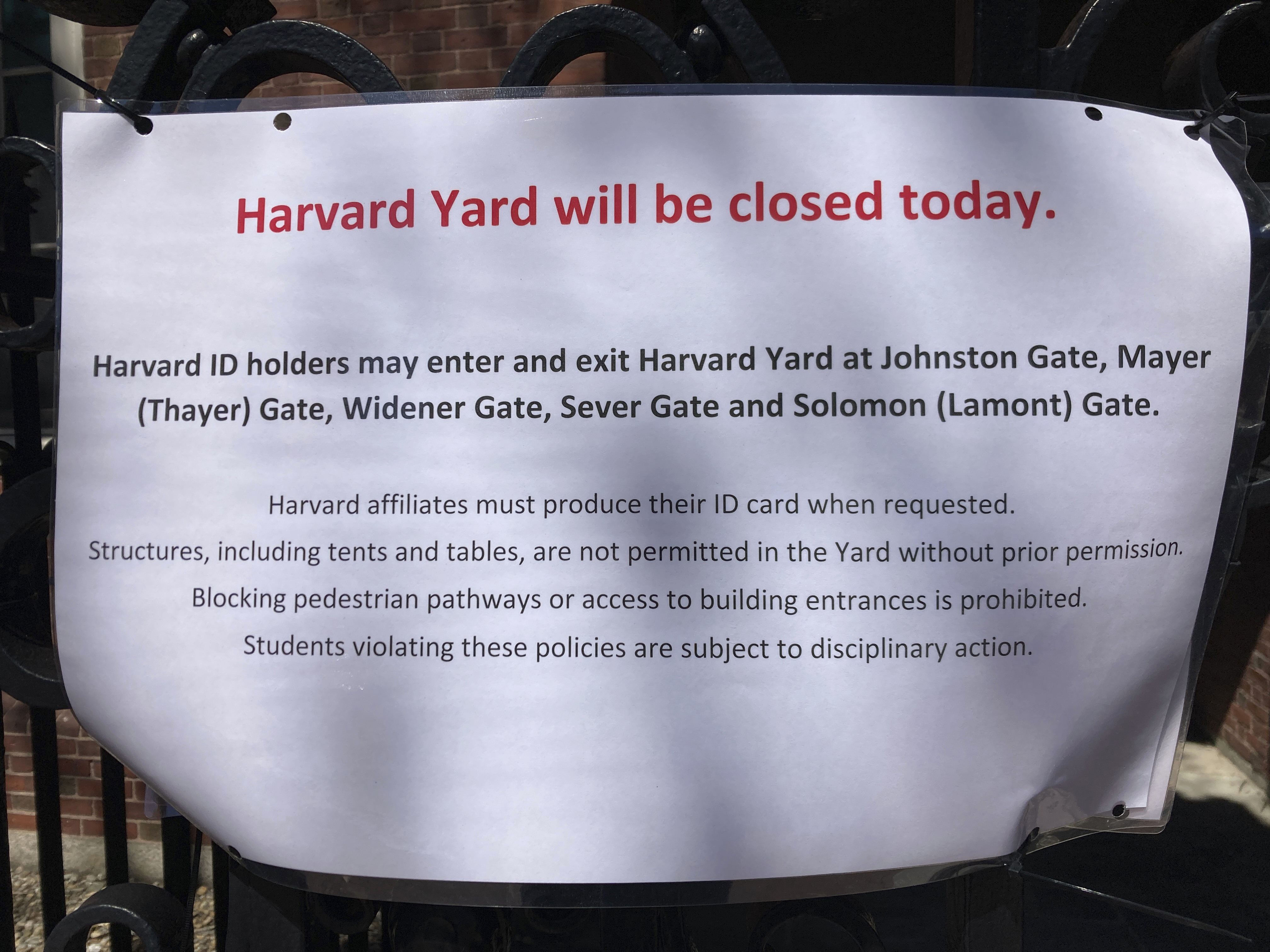3 min read
Harvard student sues school, ‘Jewish students don’t feel safe here anymore’
 Annie Gimbel
|
May 02, 2024
Annie Gimbel
|
May 02, 2024

Massachusetts — Harvard grad student Shabbos Kestenbaum is suing the university for failing to uphold federal law under Title VI of the Civil Rights Act of 1964, a federal anti-discrimination law that bars discrimination based on shared ancestry, ethnic characteristics or national origin.
Kestenbaum alleged he was repeatedly discriminated against on campus due to his Jewish faith.
“Jewish students don't feel safe here anymore. I’m intimidated every single day on my way to class. I’m visibly Orthodox Jew and I know that I am a walking target,” said Kestenbaum. “Classmates published a fake newspaper called ‘The Genocide Times.’ They listed me in an article, calling me a ‘Zionist, doxxer, cry baby.' I told the university about this because it’s blatant, childish bullying and they didn’t do anything.”
And it isn't just student protesters, according to Kestenbaum who are the problem.
Kestenbaum said a Harvard worker recently challenged him to a debate on whether Jews were involved in 9/11 or not. Later that day, that employee reportedly posted a video on social media waving a machete with a photo of Kestenbaum’s face on it.
"As far as I know, he's still working here because Harvard hasn't commented on his employment status and they haven't told me what they're going to do to prevent him from threatening me again," shared Kestenbaum.
In March, Kestenbaum testified before Congress with several other students to describe the antisemitism they're experiencing on campus.
On May 1, the House passed legislation that would establish a broader definition of antisemitism for the Department of Education to enforce anti-discrimination laws.
The proposal, which passed 320-91 with some bipartisan support, would codify the International Holocaust Remembrance Alliance’s definition of antisemitism in Title VI. It now goes to the Senate where its fate is uncertain.
Action on the bill was just the latest reverberation in Congress from the protest movement that has swept university campuses. Republicans in Congress have denounced the protests and demanded action to stop them, thrusting university officials into the center of the charged political debate over Israel’s conduct of the war in Gaza. Tens of thousands of Palestinians have been killed since the war was launched in October, after Hamas staged a deadly terrorist attack against Israeli civilians.
If passed by the Senate and signed into law, the bill would broaden the legal definition of antisemitism to include the “targeting of the state of Israel, conceived as a Jewish collectivity." Critics said the move would have a chilling effect on free speech throughout college campuses.
"In terms of the protesters, no one is against the right to protest peacefully and the right to air your grievances. That is a fundamental right as an American citizen. Jewish student or not, we all support that. However, there are time, place, and manner restrictions. In the same way you can’t yell fire in a crowded movie theater, you can’t prevent students, non-Jewish or Jewish from going to class. You cannot scream calls for ethnic genocide against Jewish students. Those are not protections from a private university, especially one that receives federal subsidies and taxpayer money," said Kestenbaum.
Advocates of the proposal said it would provide a much-needed, consistent framework for the Department of Education to police and investigate the rising cases of discrimination and harassment targeted toward Jewish students.
“It is long past time that Congress act to protect Jewish Americans from the scourge of antisemitism on campuses around the country,” Rep. Russell Fry, R-S.C., said Tuesday.
The expanded definition of antisemitism was first adopted in 2016 by the International Holocaust Remembrance Alliance, an intergovernmental group that includes the United States and European Union states, and has been embraced by the State Department under the past three presidential administrations, including the current one.
Previous bipartisan efforts to codify it into law have failed. But the Oct. 7 terrorist attack by Hamas militants in Israel and the subsequent war in Gaza have reignited efforts to target incidents of antisemitism on college campuses.
Separately, Speaker Mike Johnson announced Tuesday that several House committees will be tasked with a wide probe that ultimately threatens to withhold federal research grants and other government support for universities, placing another pressure point on campus administrators who are struggling to manage pro-Palestinian encampments, allegations of discrimination against Jewish students and questions of how they are integrating free speech and campus safety.
“Jews are not asking for special treatment under the law. We’re just asking for equal treatment under the law,” said Kestenbaum. “We want the fair enforcement of polices. For example, when I put up posters of Jewish babies being held in the Gaza Hamas terror tunnels, and they’re routinely ripped down and vandalized with antisemitism… I want the university to condemn that and to tell me what they’re going to do to prevent it from happening again in the same way that they’ve condemned racism, homophobia, sexism and transphobia. I don’t want Jews to be in a separate category. I want us to be treated the same as any other student. And what we’re seeing as it pertains to the protesters, is there’s no enforcement of policy. There are no more rules or regulations that people have to abide by anymore… and it’s stunning the lack of moral, ethical or academic leadership.”
The Associated Press contributed to this report

